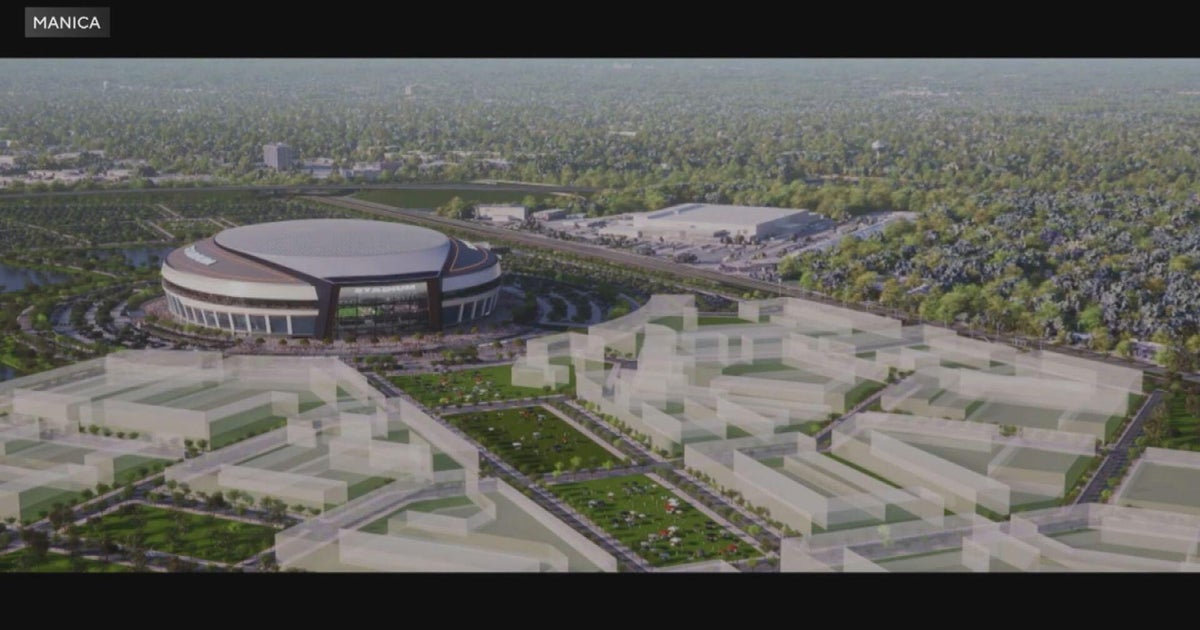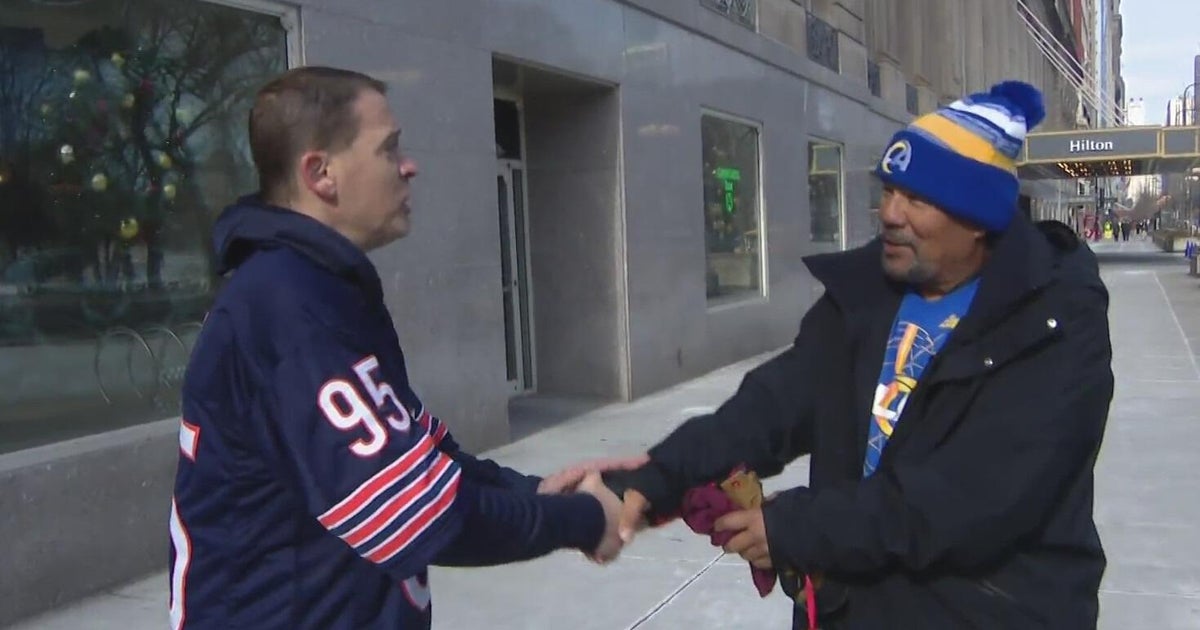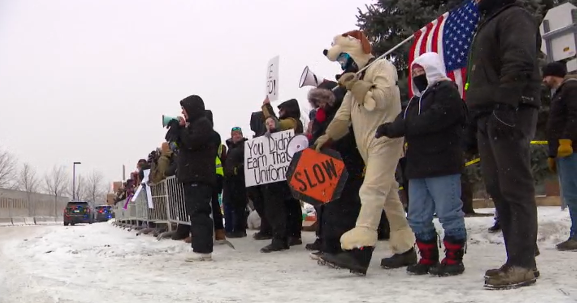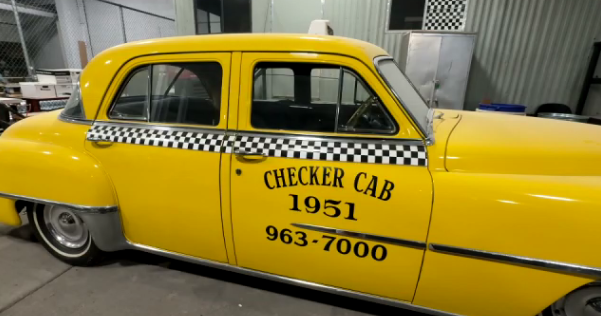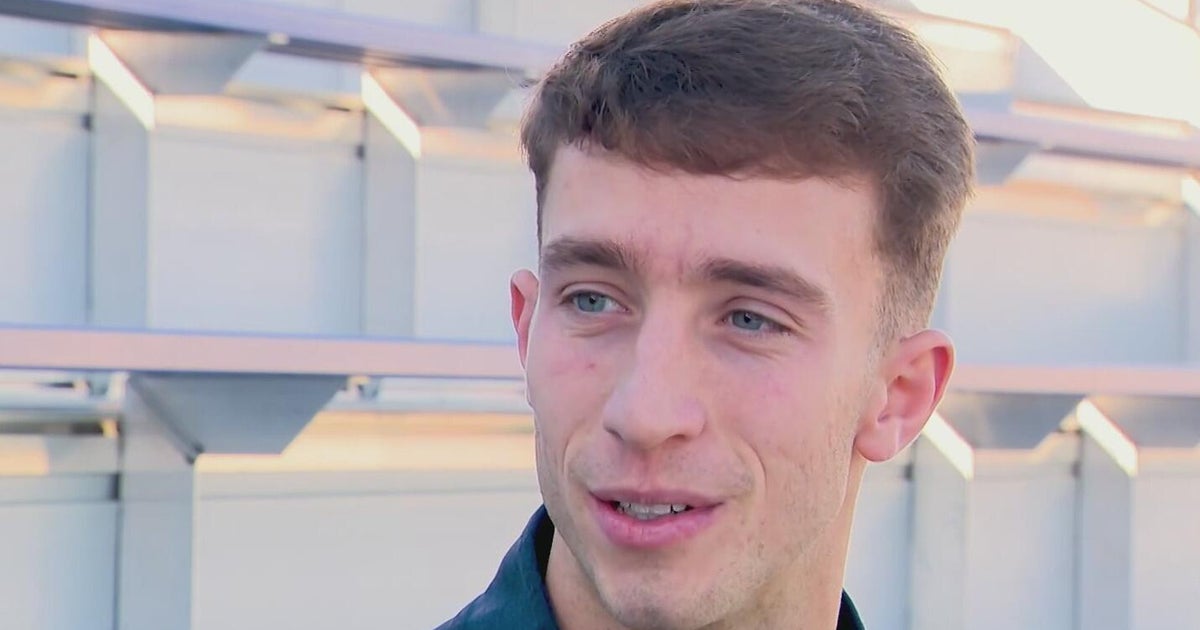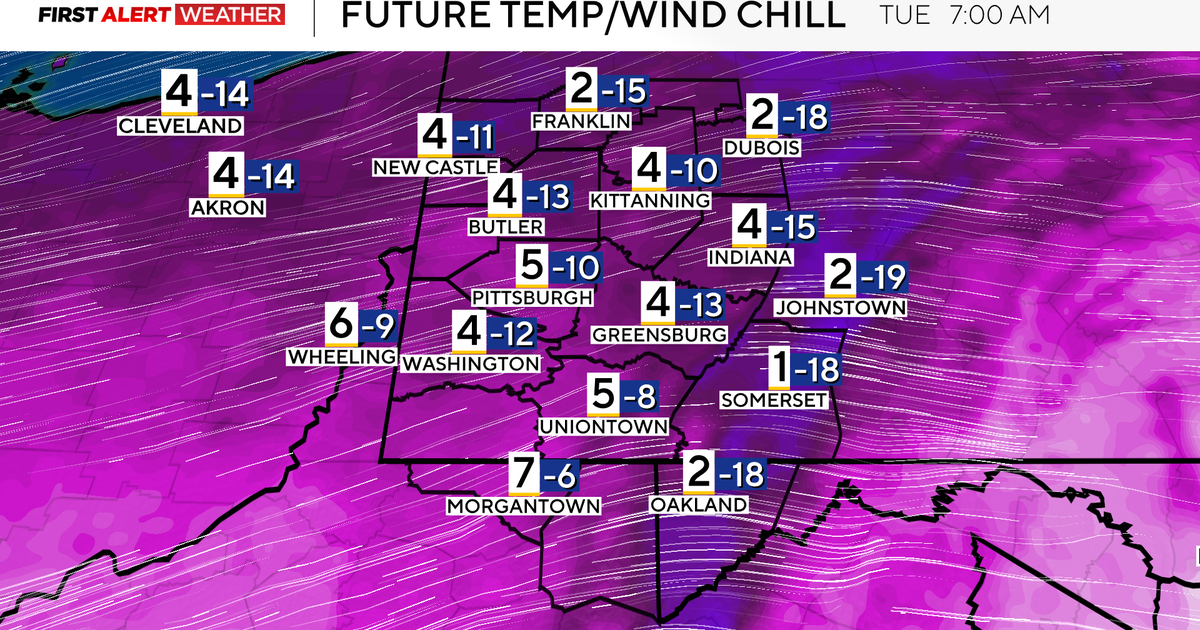Former Gov. Pat Quinn has warning for White Sox, Bears after Kansas City stadium tax referendum fails
CHICAGO (CBS) -- In what could be a warning for the Chicago Bears and White Sox, voters in Missouri on Tuesday overwhelmingly rejected a plan to use public money for Kansas City Chiefs and Royals stadium upgrades.
Former Illinois Gov. Pat Quinn said Wednesday that the results of the vote in Kansas City should put Chicago's local teams on notice.
As an activist before he became lieutenant governor and then governor, Quinn was defeated back in 2000 when he tried introducing a similar referendum as the Bears were renovating Soldier Field. Once again now, Quinn said voters should decide how their tax dollars are spent.
In Kansas City, flashy ads starring professional athletes like Travis Kelce were not enough to convince voters in Kansas City to approve a sales tax that would have helped pay for renovations for GEHA Field at Arrowhead Stadium where the Chiefs play – as well as funded a new ballpark for the Royals in downtown Kansas City.
CBS Sports reported the proposal was defeated decisively by a vote of 58.1% to 41.9%. Chiefs team president Mark Donovan had said last month that the team leaving Kansas City would be on the table if the proposal ended up being voted down.
This defeat comes as the White Sox and Bears both push for public funds to help build new stadiums.
"I think the people of Chicago should have the same opportunity as the people of Kansas City," Quinn said. "In Kansas City, the voters were clear for not raising a sales tax."
Last week, Quinn filed an ordinance with the Chicago city clerk that would ask the City Council to put a referendum on the November ballot allowing voters to decide if their tax dollars should support new stadiums.
"We remodeled Soldier Field about 24 years ago - spent $660 million – won't be paid off until 2032 to convert it into a spaceship," said Quinn, "and now they don't want it."
A study published by West Virginia University economics professor Brad Humphreys found that "sports venues have limited economic and social benefits, which do not justify the significant public subsidies that they typically receive."
"There's 30 years of evidence on this," Humphreys said. "The evidence says that it shows us that if there's no net new tangible economic benefits generated by a new stadium or a new team in a city."
Quinn said the vote in Kansas City should serve as a warning not only to the Bears and White Sox, but also to city leaders.
"The mayor really has to be a leader here and put this issue on the ballot," said Quinn. "That's what openness and letting the people speak is all about."
If passed, the referendum would be nonbinding – but would provide feedback on public sentiment. It could be introduced in the City Council later this month.



